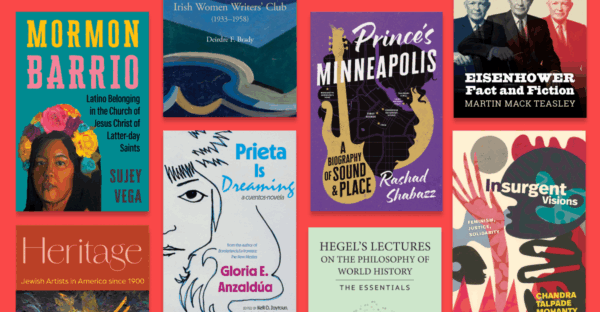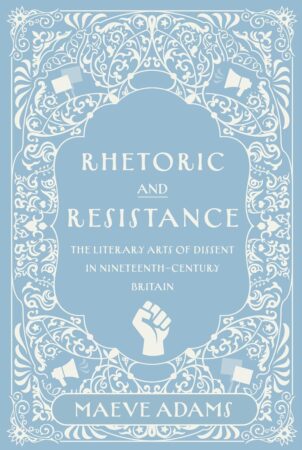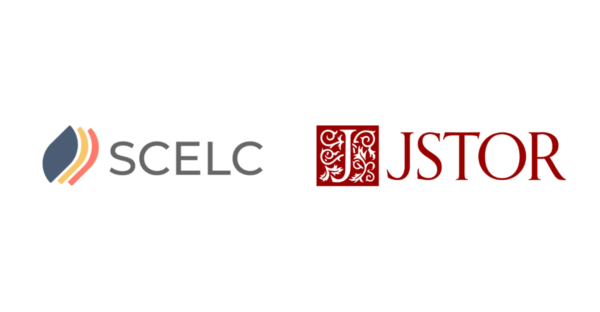Virtual
Join us for a Library Journal webinar on Thursday, November 13, 2025, from 1:00–2:00 PM ET. Hear from the Big Ten Academic Alliance, UNC Press, Liverpool University Press, and JSTOR as they discuss how this nonprofit-led model streamlines workflows, advances equitable access, and creates sustainability for the academic ecosystem.








